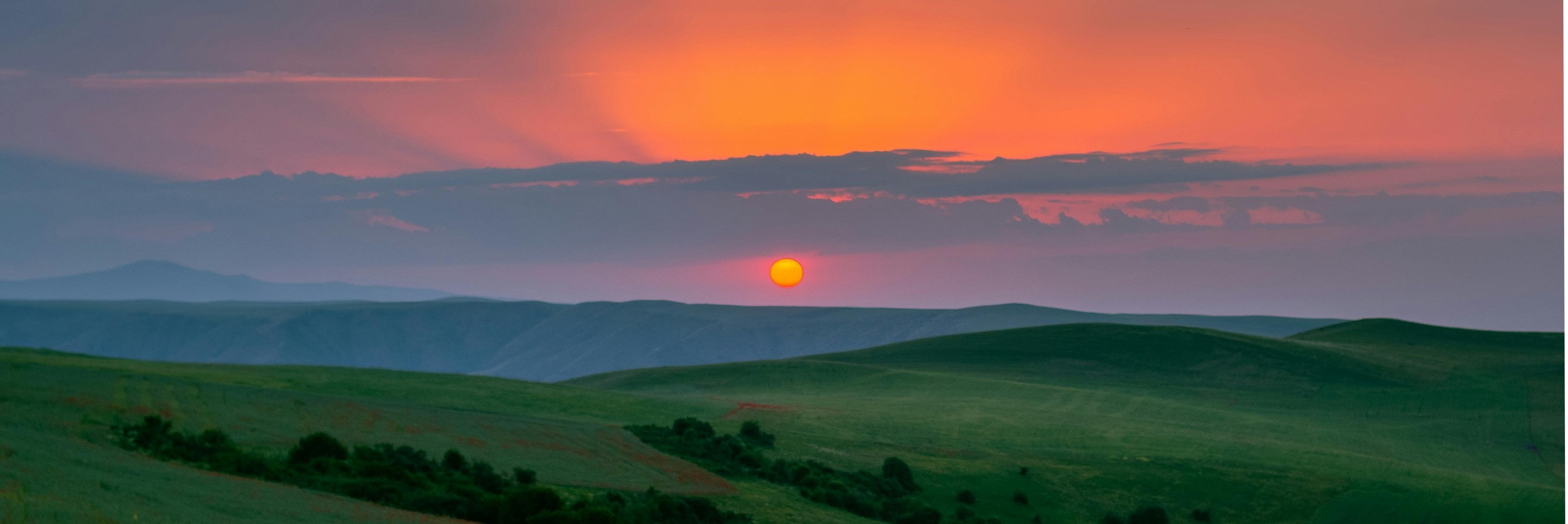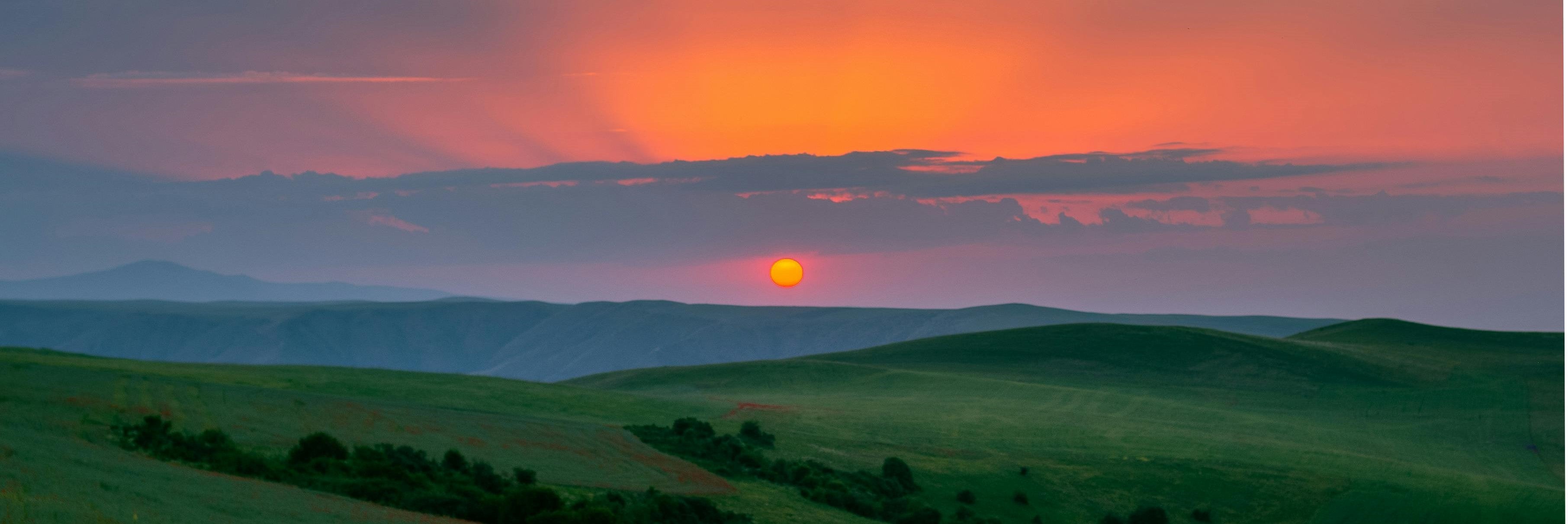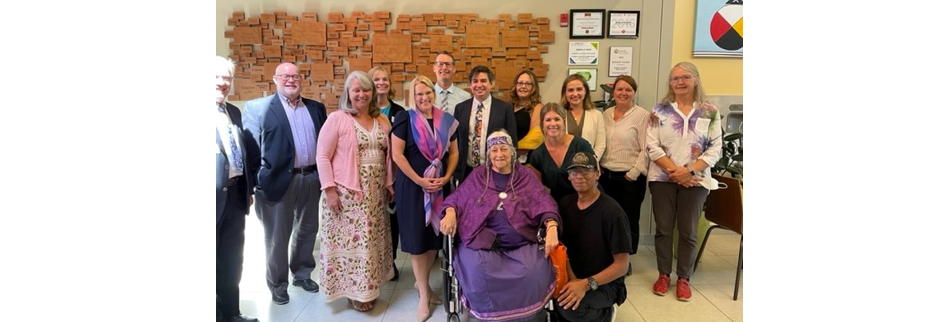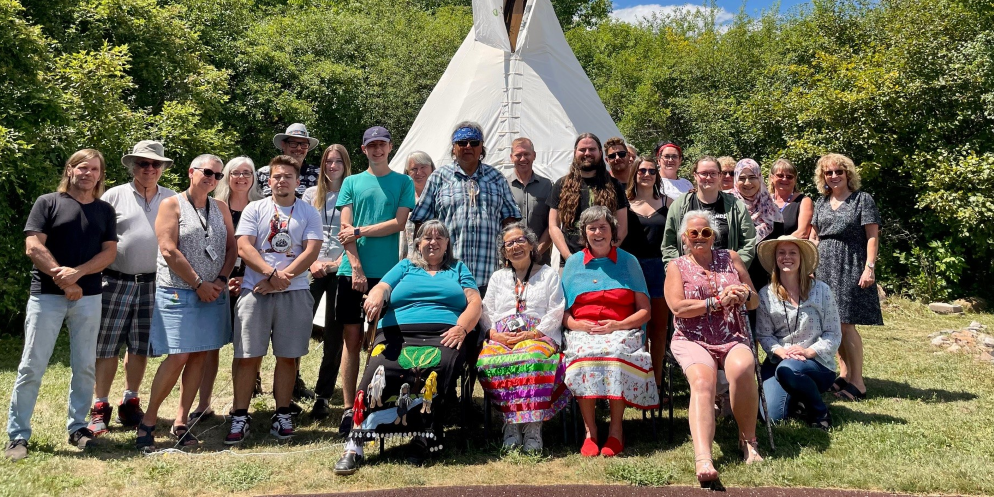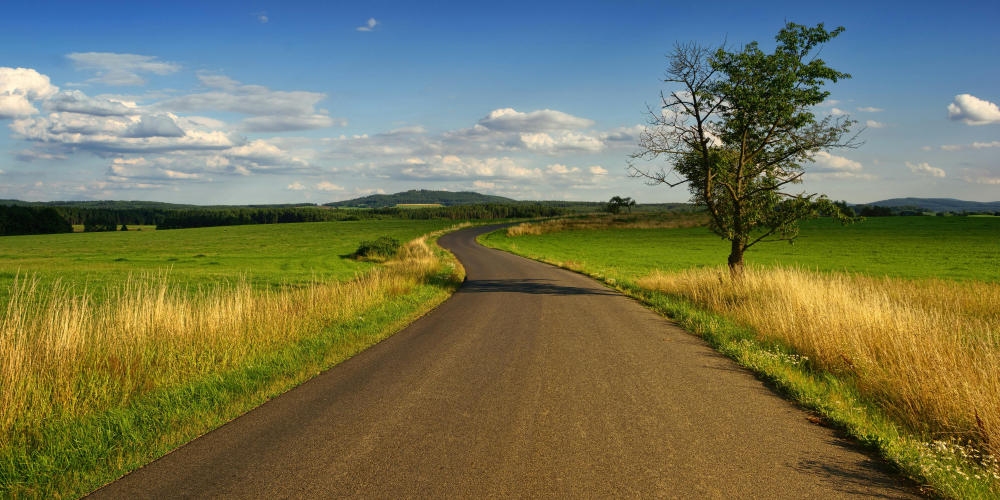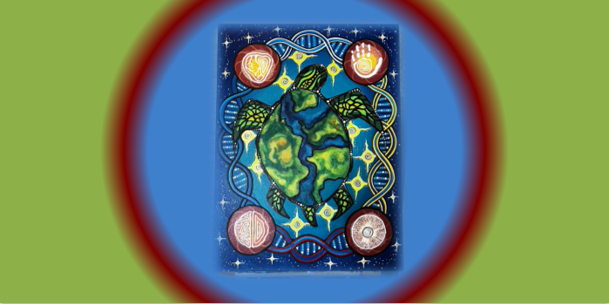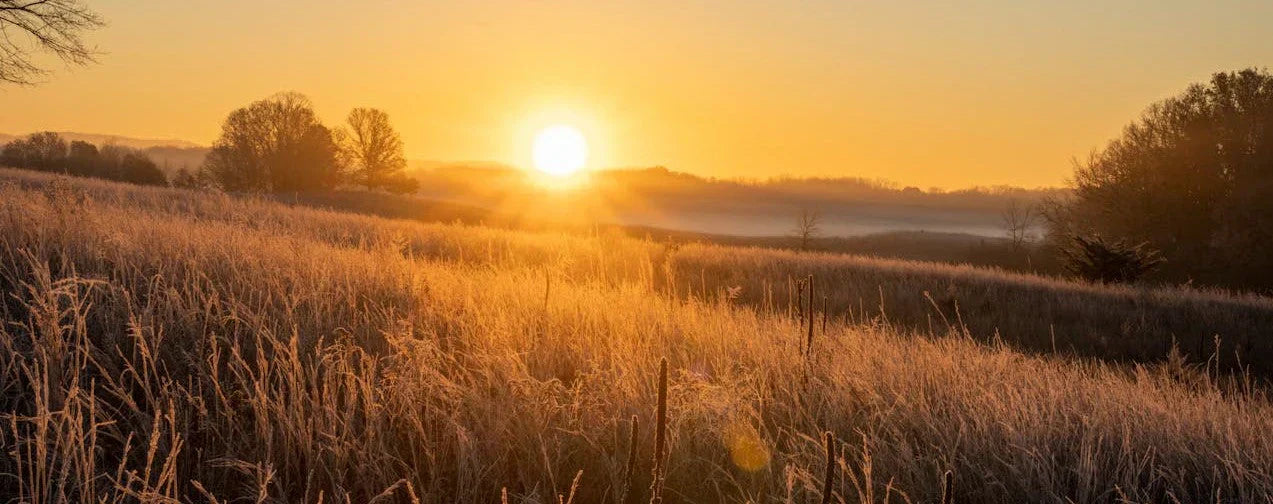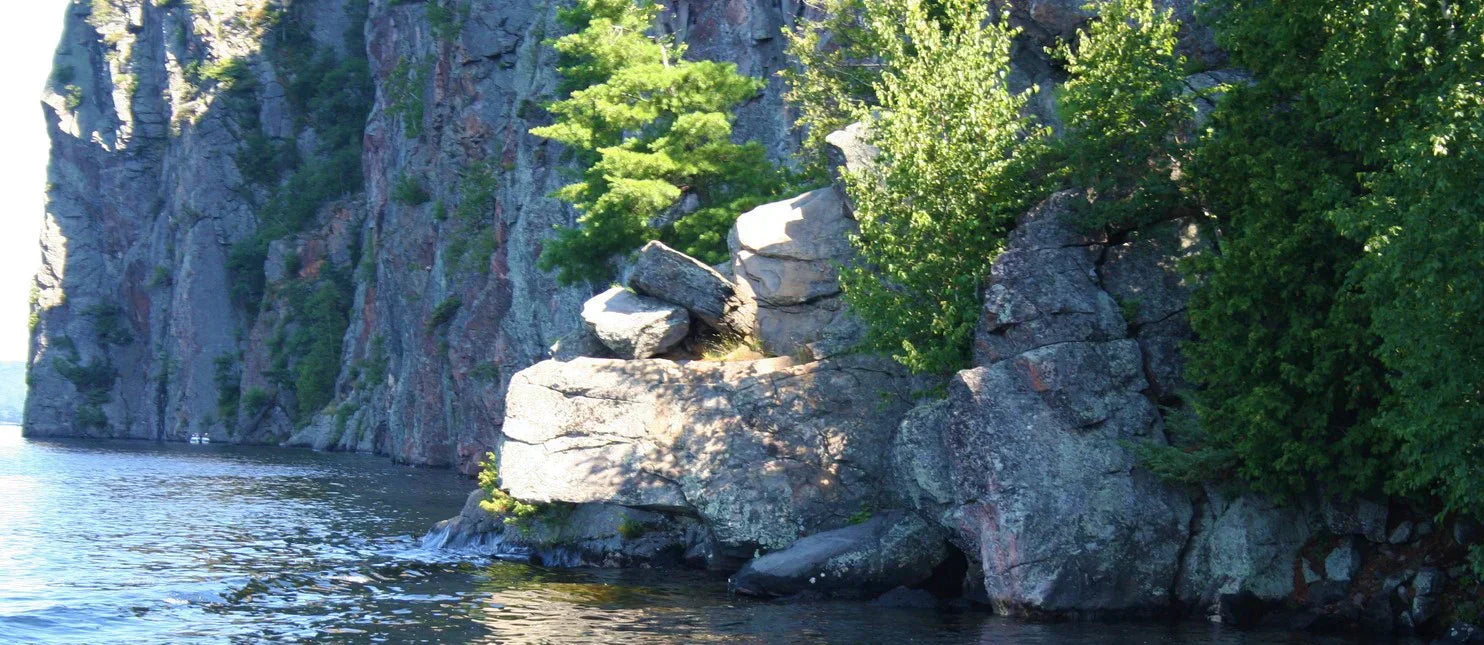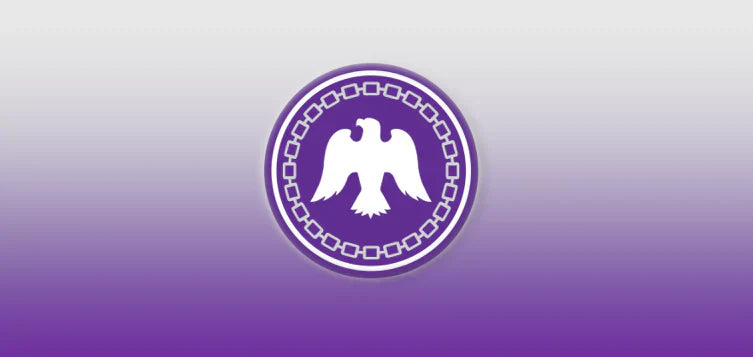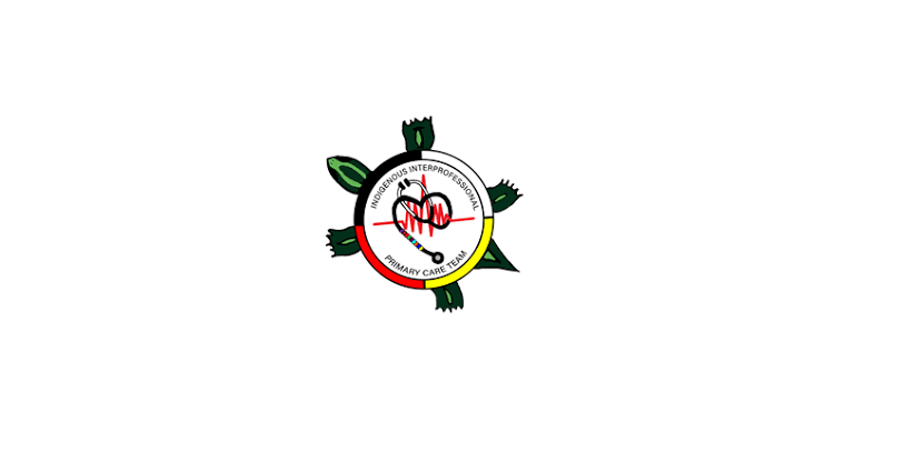Ensemble, nous bâtissons un système qui reconnaît et propose des pratiques de santé autochtones aux peuples autochtones. Nous savons que cela prendra du temps. Nous sommes déterminés à collaborer avec les peuples autochtones et les membres des communautés de manière constructive, en utilisant les enseignements et les outils autochtones, et en bâtissant des partenariats plus solides.
Apprenez-en davantage sur cet engagement dans notre plan stratégique.
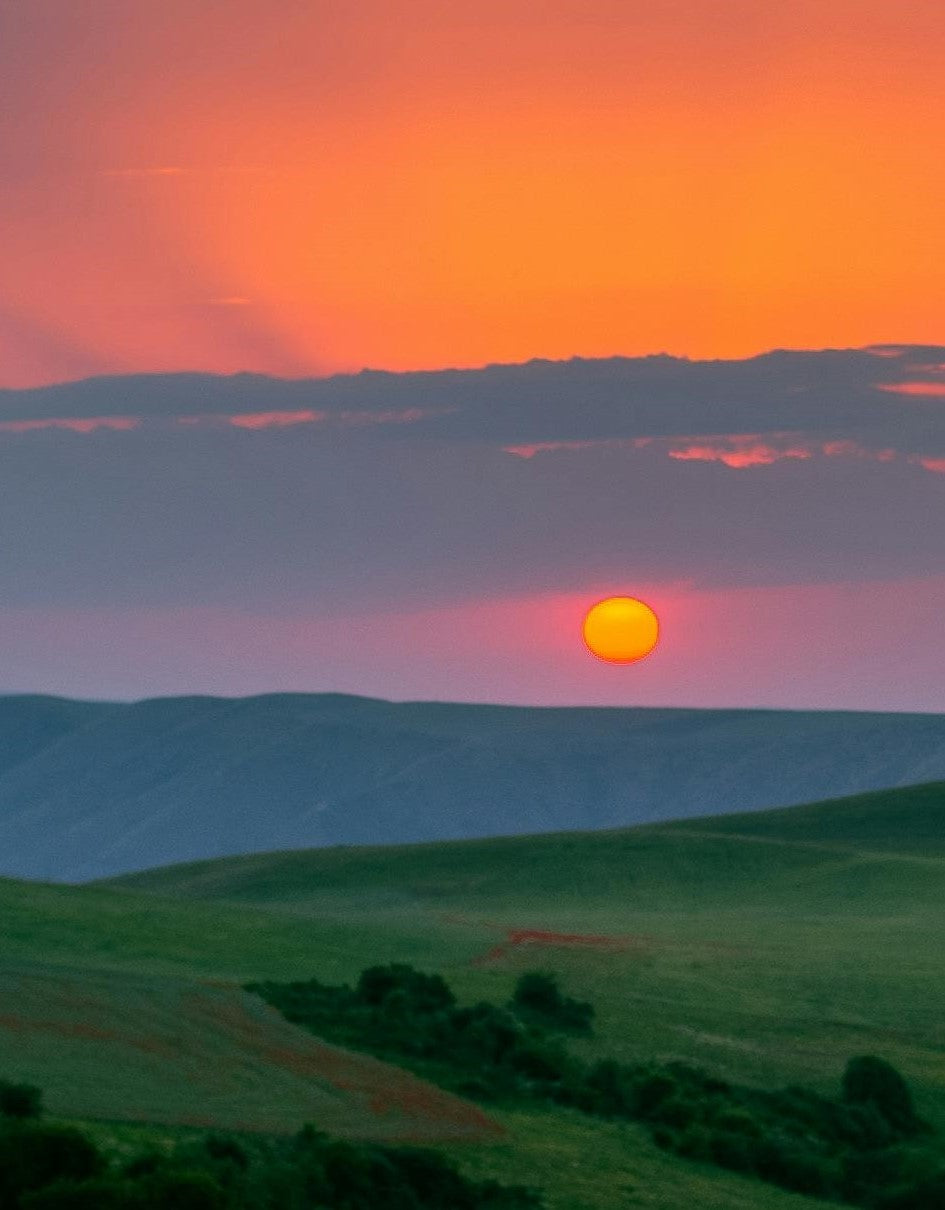
Reconnaissance territoriale de l'ÉSO-FLA
Avec un profond respect et une grande humilité, nous reconnaissons que la FLA OHT est située sur les territoires traditionnels des Nations Anishinaabe et Haudenosaunee Huron-Wendat, ainsi que sur les territoires d’autres membres des communautés autochtones rurales et urbaines, notamment les Métis, les Inuits et d’autres Premiers Peuples de toute l’île de la Tortue.
Nous nous trouvons sur un territoire qui porte les traces des peuples autochtones présents ici depuis des millénaires. Nous avons l'occasion d'apprendre les uns des autres, d'améliorer nos relations et de promouvoir le respect du passé, du présent et de l'avenir. Nous sommes reconnaissants de pouvoir partager, apprendre, travailler, nous divertir et nous épanouir sur ces terres, tout en travaillant ensemble à bâtir un nouveau système de santé inclusif et égalitaire pour tous.
Cette reconnaissance territoriale - créée avec des membres de la communauté autochtone - est destinée à notre site Web et à nos documents, le cas échéant.
Personnalisez votre reconnaissance territoriale !
LÉSO-FLA encourage à s'éloigner de la lecture de la reconnaissance territoriale écrite ci-dessus lors des rassemblements et à privilégier une reconnaissance territoriale personnelle, comme moyen plus significatif d'honorer l'histoire autochtone, passée et présente. Conseils de bonnes pratiques :
- Soyez concis, sincère et authentique : Visez la brièveté pour maintenir la sincérité et éviter de paraître répété.
- Restez flexible : Adaptez votre reconnaissance en fonction du contexte et du public. Laissez-la évoluer à mesure que votre compréhension s'approfondit.
- Pratiquez et réfléchissez : Entraînez-vous à prononcer la reconnaissance avec sincérité et respect. Réfléchissez à son impact et ajustez-la au besoin.
Conseil des soins de santé primaires autochtones (IPHCC) :
L'IPHCC a élaboré un guide pour vous aider à élaborer une reconnaissance territoriale significative. Consultez le site web de l'IPHCC pour en savoir plus.
Ceinture wampum à deux rangs
Dans cette vidéo, Rahswahérha Mark F. Green décrit l'importance du wampum à deux rangs comme fondement des relations conventionnelles entre les peuples haudenosaunee et les peuples européens lors d'une présentation au Conseil communautaire de l'OHT de la FLA. Il discute de l'importance de ces traités pour la réconciliation, notamment dans le domaine des soins de santé.
Reconnaître et respecter les concepts autochtones de santé et de bien-être
Nous travaillons ensemble pour bâtir un système qui reconnaît et offre des pratiques de santé autochtones aux peuples autochtones.
Nous nous engageons à collaborer avec les peuples autochtones et les membres de la communauté de manière positive, en utilisant les enseignements et les outils autochtones dans notre travail, en intégrant les suggestions de la communauté et en établissant des partenariats plus solides.
Nous respectons ces concepts autochtones alors que nous travaillons ensemble pour créer un système de soins de santé inclusif et égal pour tous :
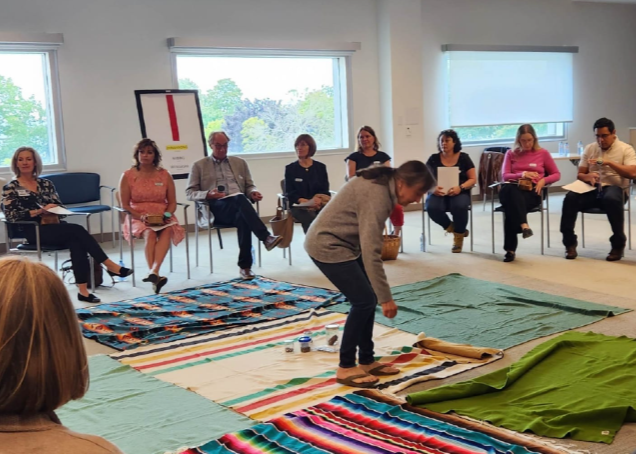
Documents pour approfondir votre compréhension
FLA OHT Efforts Toward Advancing Indigenous Health Equity & Centering Indigenous Perspectives and Priorities
Ce rapport décrit les initiatives prises au cours de la période 2020-2025 pour faire progresser les priorités en matière de santé autochtone (mai 2025, 14 pages). Disponible uniquement en anglais. Téléchargez le rapport.
Toolkit of Indigenous-focused approaches and evaluation indicators for health systems
Une ressource basée sur une revue de la littérature pour le travail de la FLA OHT afin de prendre en compte les besoins des peuples autochtones de manière significative (novembre 2023, 235 pages). Disponible uniquement en anglais. Téléchargez la trousse.
Actualités - Initiatives Autochtones
Centering Indigenous perspectives: two 2025 reports
September 2025. We are happy to share two 2025 reports, which explore different aspects of collaboration between the FLA OHT and Indigenous partners.
Celebrating Indigenous art unveilings across the region
September 8, 2025. As part of Indigenous Health and Wellness Strategic Advancement, Indigenous works of art are being unveiled at FLA OHT partner health-care spaces across the FLA region.
Learn more about Personal Land Acknowledgements
July 2025. To develop your personal land acknowledgement you could ask yourself these questions and explore these related resources.
Avancement stratégique de la santé et du bien-être des Autochtones
Apprendre encore plus.
Avancement stratégique de la santé et du bien-être des Autochtones dans la région de KFL&A
22 août 2024. FLA OHT a collaboré avec des partenaires, les centres de santé communautaire de Kingston et Three Things Consulting, sur un projet innovant dirigé par des Autochtones visant à améliorer les résultats en matière de santé des peuples autochtones de nos communautés.
Pleins feux sur les partenaires : Conseil de santé des Autochtones
14 juin 2024. Améliorer la santé et le bien-être des Autochtones. Le CSA aspire également à un paysage de soins de santé qui englobe les soins holistiques, abordant les aspects mentaux, spirituels, sociaux et émotionnels de la santé autant que les aspects physiques.
Partner spotlight: Ardoch Algonquin First Nation
12 juin 2024. Perpétuer la tradition et aspirer à des soins inclusifs. L'’ÉSO FLA aspire à à créer un système de santé plus inclusif et plus efficace qui reconnaît et intègre les pratiques de santé autochtones, améliorant ainsi les issues cliniques pour les peuples autochtones.
Pleins feux sur les partenaires : Mohawks de la baie de Quinte
10 juin 2024. Communauté profondément enracinée dans la culture et la tradition Kanyen’kehá:ka (Mohawk), les Mohawks de la baie de Quinte (MBQ) est un membre important de l’ÉSO FLA. Les MBQ apportent des perspectives et des idées inestimables à notre vision.
En conversation avec l’équipe interprofessionnelle de soins primaires pour les autochtone
17 août 2023. Découvrez notre partenariat avec l’équipe interprofessionnelle autochtone de soins primaires (IIPCT), une équipe régionale dédiée à la fourniture de soins de santé primaires culturellement sûrs et complets aux peuples autochtones.

